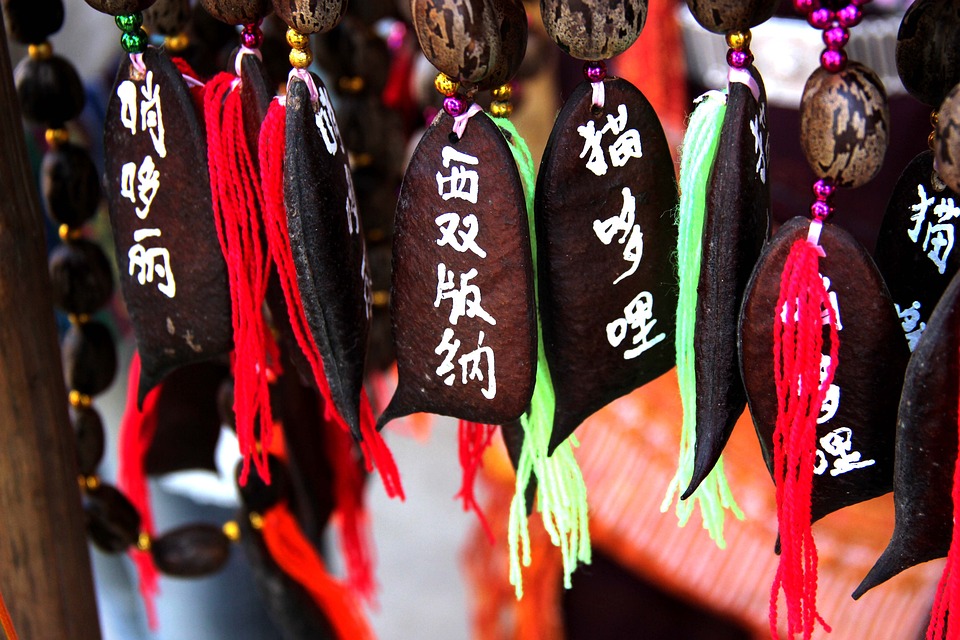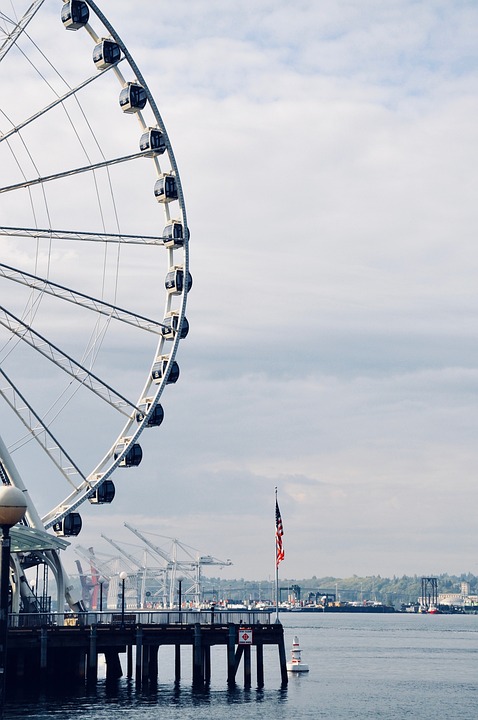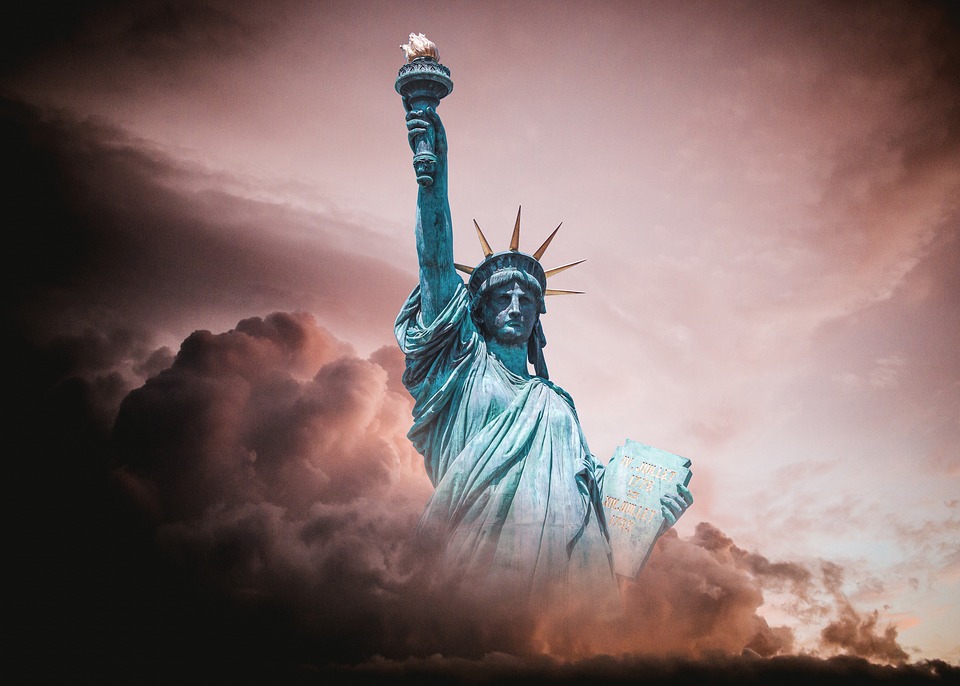Mao Zedong – Early Life and Beginnings
Mao Zedong, also known as Chairman Mao, was born on December 26, 1893, in Shaoshan, a small village in the Hunan province of China. He was born into a peasant family, and his early years were marked by poverty and struggle. Mao’s father was a farmer and his mother was a devout Buddhist.
Despite his humble beginnings, Mao showed great promise as a student and was able to attend school in Shaoshan and later in Changsha, the capital of the Hunan province. It was during his time in Changsha that Mao began to develop his revolutionary ideas and became involved in political activism.
Rise to Power
Mao’s rise to power can be attributed to a combination of factors, including his early experiences as a peasant, his education, and his involvement in the Chinese Communist Party. Mao was influenced by the writings of Marxist thinkers, such as Karl Marx and Friedrich Engels, and he became a vocal advocate for revolution in China.
In 1921, Mao helped to establish the Chinese Communist Party (CCP) and quickly rose through the ranks. He became the leader of the CCP in 1935, a position he held until his death in 1976. Mao’s leadership style was characterized by his charismatic personality, his commitment to Marxist-Leninist ideology, and his ruthless tactics in consolidating power.
Political Ideology
Mao Zedong’s political ideology was rooted in Marxist-Leninist principles, but he also developed his own unique brand of communism known as Maoism. Maoism emphasized the importance of revolution and class struggle, as well as the need for a strong and centralized state apparatus.
One of Mao’s most famous works, “On Contradiction,” outlined his concept of dialectical materialism and the role of contradictions in driving social change. Mao believed that contradictions were inherent in society and that they could be resolved through revolutionary struggle.
Key Events
One of the key events that helped Mao to solidify his power was the Long March of 1934-1935. During this epic retreat, Mao and his followers traveled over 6,000 miles to escape encirclement by Nationalist forces. Despite the hardships and losses suffered during the Long March, Mao emerged as a hero and a symbol of resistance against the Nationalist regime.
Another key event in Mao’s rise to power was the Chinese Civil War, which lasted from 1946 to 1949. The CCP emerged victorious in 1949, and Mao declared the establishment of the People’s Republic of China. Mao’s victory in the Civil War solidified his position as the undisputed leader of China and set the stage for his radical transformation of Chinese society.
Economic Policies
One of Mao’s most controversial policies was the Great Leap Forward, which aimed to rapidly transform China from an agrarian society into an industrial powerhouse. The Great Leap Forward resulted in widespread famine and hardship, as well as the deaths of millions of people.
Despite the failures of the Great Leap Forward, Mao remained committed to his vision of socialist transformation. In the 1960s, he launched the Cultural Revolution, a campaign aimed at purging capitalist elements from Chinese society and promoting revolutionary zeal among the masses.
Legacy
Mao Zedong’s legacy is a complex and contested one. While he is revered by many as a revolutionary hero who fought against imperialism and feudalism, others criticize him for his authoritarian rule and the human rights abuses committed under his regime.
Despite the controversies surrounding his legacy, Mao Zedong remains a towering figure in Chinese history. His rise to power, his revolutionary ideology, and his transformation of Chinese society continue to shape the country to this day.
In conclusion, Mao Zedong’s rise to power was the result of a combination of factors, including his early experiences as a peasant, his education, and his involvement in the Chinese Communist Party. Mao’s political ideology, leadership style, and key events such as the Long March and the Chinese Civil War all played a role in shaping his legacy as a revolutionary leader and the founder of the People’s Republic of China.




